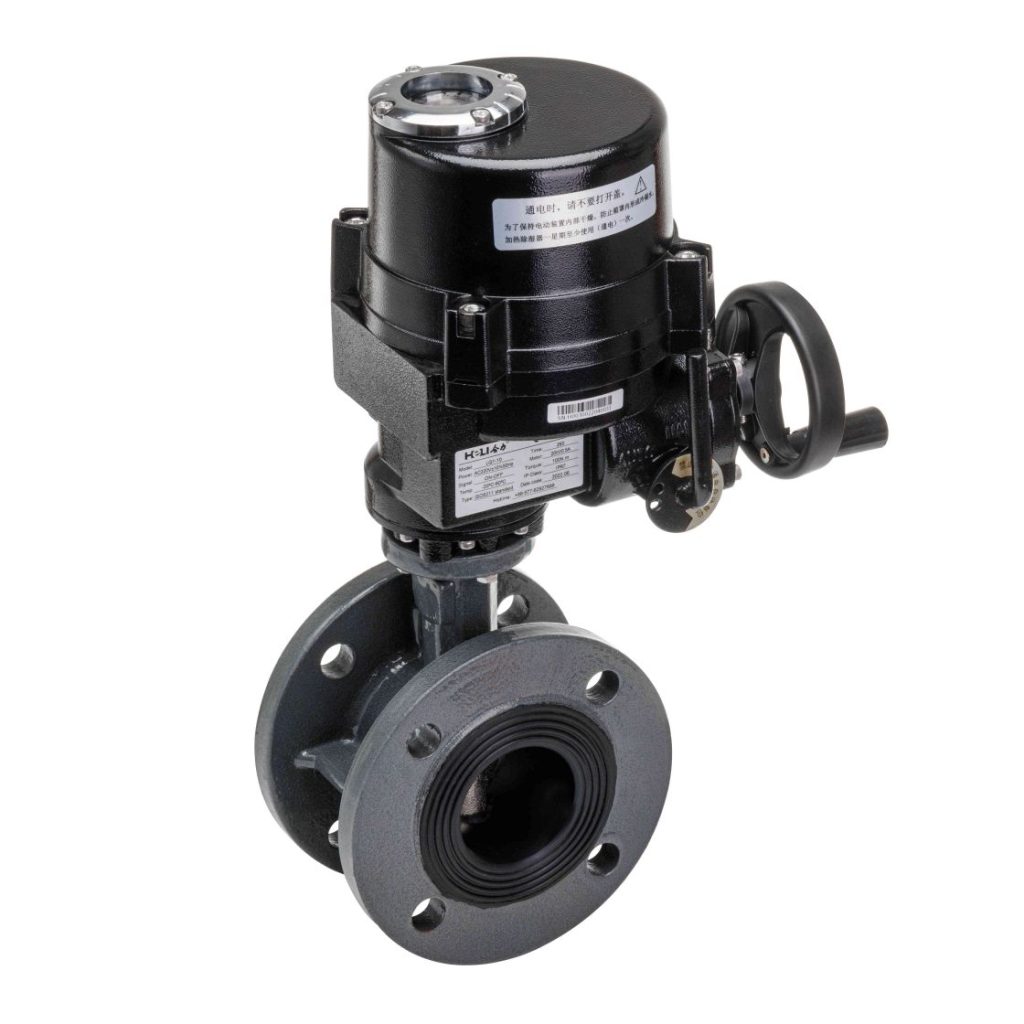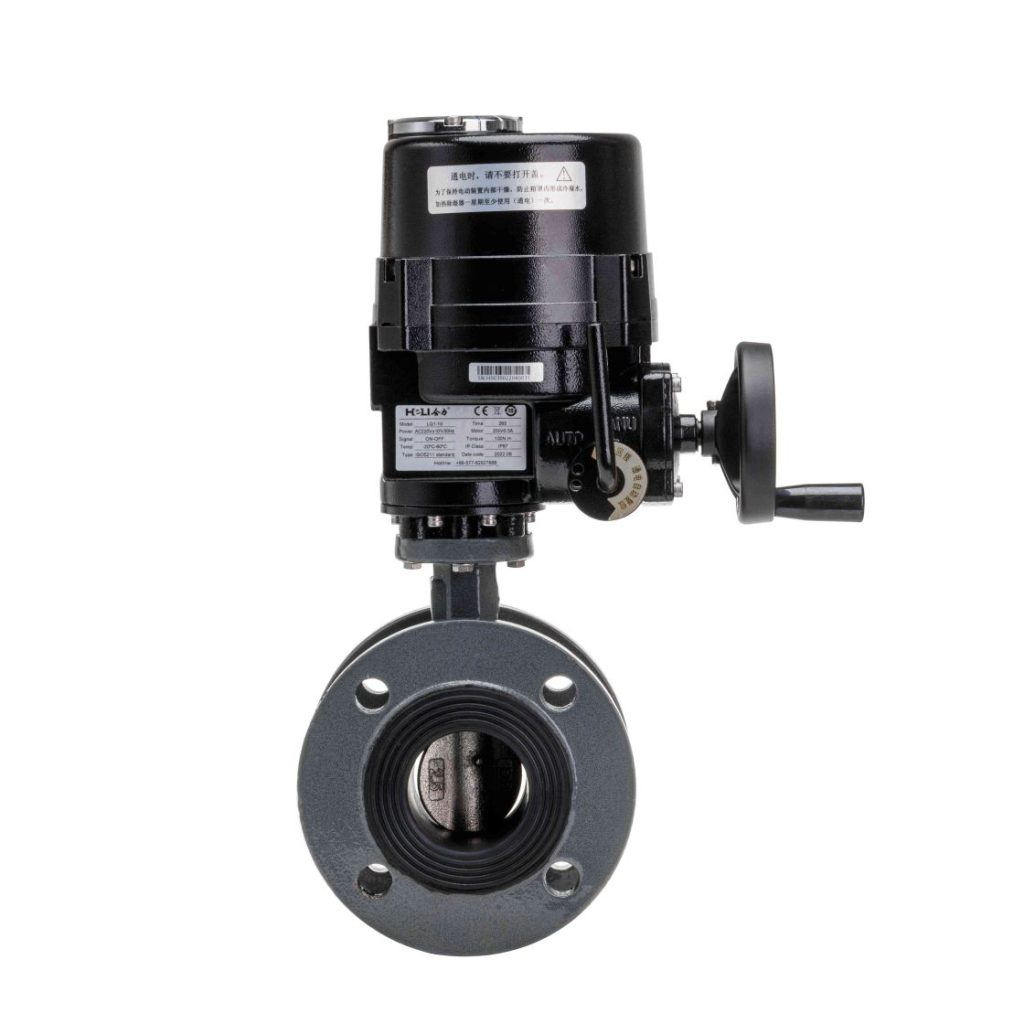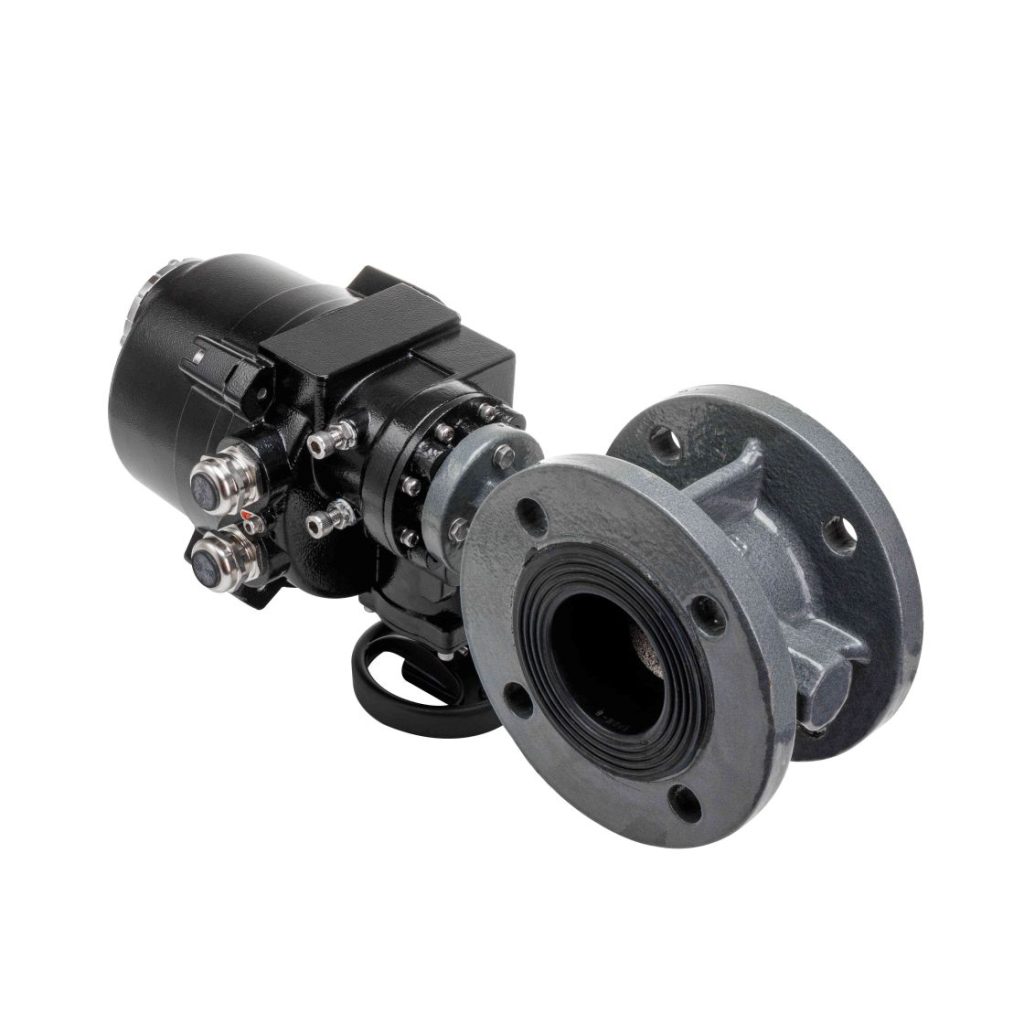Electric ball valves are essential components in various industries, offering precise control over fluid and gas flow. These devices are increasingly being favored for their reliability, ease of use, and automation capabilities. Whether in HVAC systems, water treatment plants, or manufacturing processes, electric ball valves play a crucial role in enhancing operational efficiency and reducing human error. This article delves into the features, benefits, applications, and considerations when choosing an electric ball valve.

What is an Electric Ball Valve?

An electric ball valve is a type of quarter-turn valve that uses an electric actuator to operate a ball mechanism inside the valve. The ball has a hole or port through the center, and when the valve is open, the port aligns with the pipe, allowing fluid or gas to pass through. Conversely, when the valve is closed, the port is perpendicular to the flow path, preventing the passage of fluid. The electric actuator that controls the valve’s movement is typically powered by electricity and controlled via signals from a control system or manual switch. These valves are often automated, making them suitable for applications where remote control or high-frequency operation is required.

Leave a Reply
You must be logged in to post a comment.